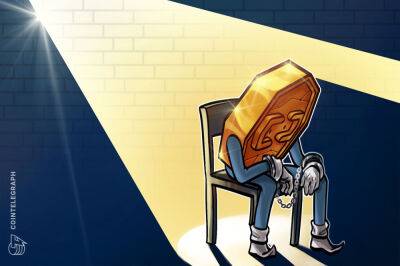FTX Debacle | Cryptocurrencies will survive, but only robust ones, and subject to regulation
The sudden collapse of one of the most high-profile cryptocurrency exchanges, FTX, has plunged the crypto world into crisis. The value of Bitcoin, the best-known cryptocurrency, plunged 16 percent, bringing it 75 percent below the peak value attained, a year ago.
Several crypto businesses have declared losses, suspended redemptions of client deposits. The FTX bankruptcy proceedings have revealed a shockingly lackadaisical attitude to basic accounting and fiduciary responsibility, related party lending and general anarchy, if not outright fraud. Pressure is mounting to bring cryptocurrencies under regulation.
While the fortunes of FTX and its once-charismatic founder, Sam Bankman-Fried (yes, the name carried within it happy tidings for those who deal with money), are an interesting tale in themselves, what is more germane is the future of the cryptocurrency itself. The repeated rise in central bank interest rates had led to significant deleveraging in the crypto world, in May and June, making cryptocurrencies majorly lose value and bursting the bubble in which grown-up folk had allowed themselves to believe in financial versions of tall tales of magic beans that would sprout to produce vines that shoot up, overnight, into the sky, piercing through the clouds to reach a magic world far above the earth.
Will cryptocurrencies survive the ongoing squeeze, or will they survive merely in their officially blessed avatars as central bank digital currencies? Will they continue as totally decentralised finance, immune to regulation and government diktat? Where does this leave people who have invested in non-fungible tokens (NFTs)?
Cryptocurrencies are a genuine innovation in finance with the potential to sharply reduce the cost of
Read more on moneycontrol.com






















